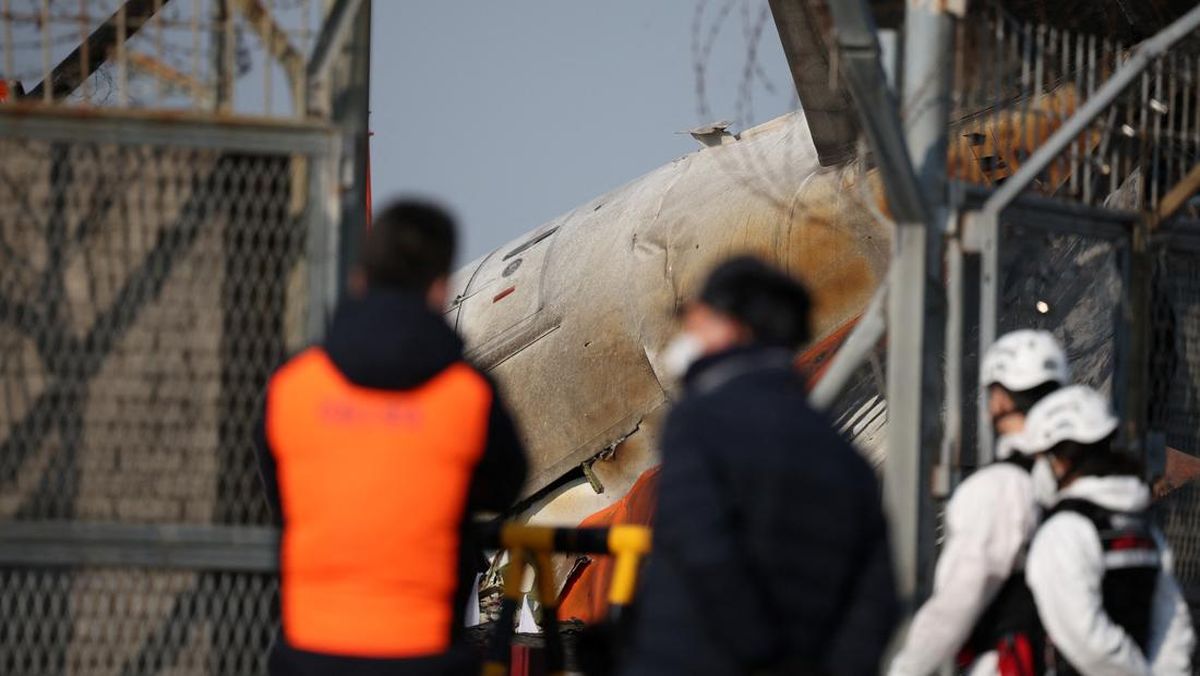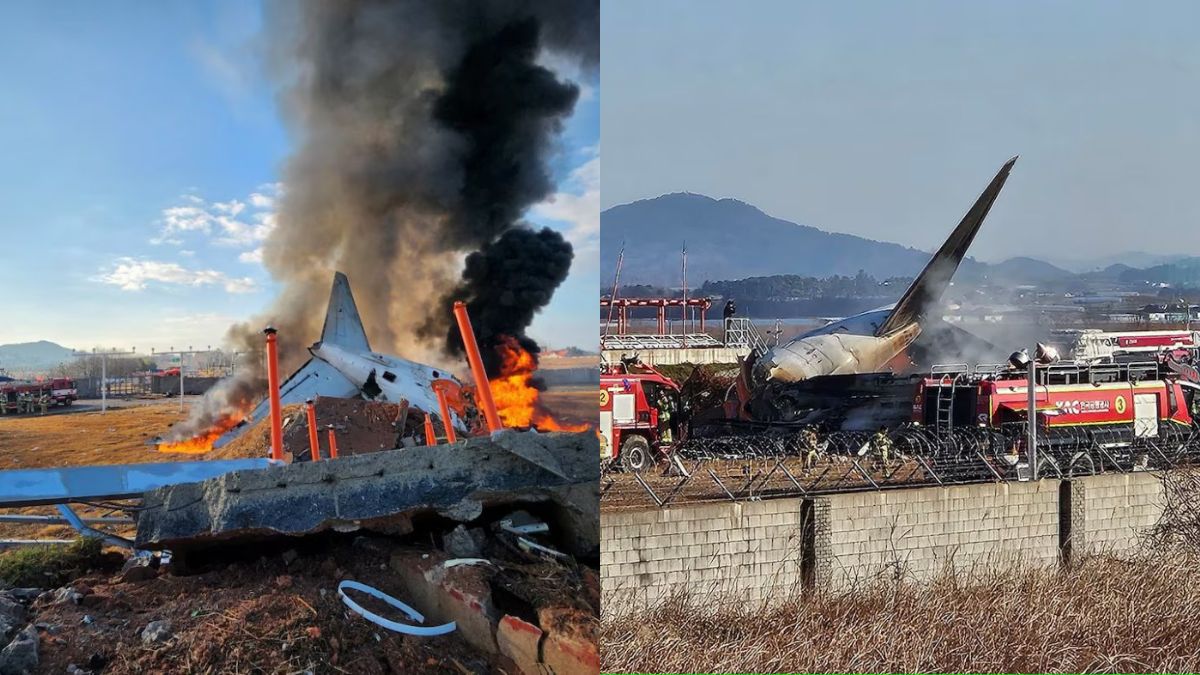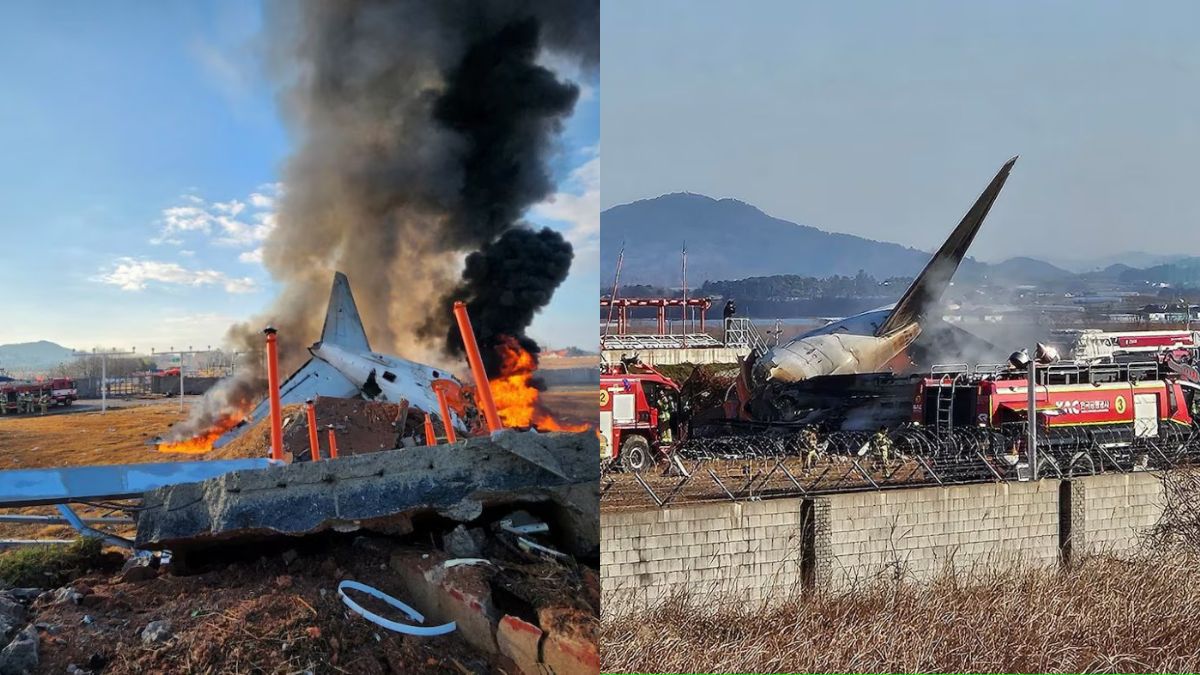Jeju Air, a prominent South Korean low-cost carrier, has carved a significant niche in the Asian aviation market. This exploration delves into various facets of Jeju Air, from its extensive flight network spanning both domestic and international routes to its fleet composition, customer service approach, and marketing strategies. We’ll also examine its financial performance and commitment to sustainability, providing a holistic understanding of this dynamic airline.
We’ll analyze Jeju Air’s competitive landscape, comparing its operations and strategies to those of its major rivals. This comparison will highlight Jeju Air’s strengths and weaknesses, offering valuable insights into its position within the industry. The information presented will be both informative and accessible, making it easy to grasp the key aspects of Jeju Air’s operations and overall impact.
Jeju Air’s Flight Network
Jeju Air boasts a comprehensive flight network spanning both domestic and international destinations, making it a popular choice for travelers within and outside South Korea. Understanding its routes, frequency, and fleet allows for better travel planning and comparison with competitors.
Domestic Flight Routes within South Korea
Jeju Air operates a substantial number of domestic flights connecting major cities across South Korea. The frequency of these flights varies depending on the route and season. Below is a sample of their routes, though the exact details may change. Always check Jeju Air’s official website for the most up-to-date information.
| Route | Frequency (Daily) | Aircraft Type | Average Flight Duration |
|---|---|---|---|
| Seoul (Gimpo) – Jeju | Multiple | Boeing 737-800 | 1 hour |
| Seoul (Incheon) – Busan | Multiple | Airbus A321neo | 1 hour |
| Busan – Jeju | Multiple | Boeing 737-800 | 1 hour |
| Daegu – Jeju | Multiple | Boeing 737-800 | 1 hour |
International Flight Destinations
Jeju Air’s international network is constantly evolving. However, they typically service several popular destinations in Asia. The frequency of flights to these destinations can fluctuate based on demand and seasonal factors.
- Japan: Multiple flights per week to various cities such as Osaka, Fukuoka, and Sapporo.
- China: Flights to several Chinese cities (subject to change based on geopolitical factors).
- Southeast Asia: Flights to select destinations in countries like Thailand and Vietnam (frequency varies).
Comparison with Competitors
Compared to major competitors like Korean Air and Asiana Airlines, Jeju Air generally offers a more focused network with higher route density on popular leisure routes, particularly within South Korea and to nearby Asian destinations. Korean Air and Asiana Airlines, however, have a broader global reach, including long-haul flights to North America and Europe, which Jeju Air currently lacks.
Jeju Air’s Fleet and Aircraft
Jeju Air’s fleet composition is crucial to its operational efficiency and passenger experience. The age of the aircraft directly impacts maintenance costs and the overall comfort of the flight.
Aircraft Models and Fleet Details
Jeju Air predominantly operates a fleet of modern, fuel-efficient aircraft. This allows them to offer competitive fares while maintaining a relatively high standard of service. The specific numbers can fluctuate.
| Aircraft Model | Number of Aircraft | Passenger Capacity | Year of Introduction (Approximate) |
|---|---|---|---|
| Boeing 737-800 | 20 | 189 | 2015-2020 |
| Airbus A321neo | 10 | 236 | 2021-2023 |
Average Fleet Age and Implications
Jeju Air maintains a relatively young fleet, with an average age estimated around 5-7 years (this is an approximation and should be verified with Jeju Air’s official reports). This reduces maintenance costs and improves reliability, contributing to a smoother passenger experience.
Fleet Comparison with a Competitor
Compared to a competitor like Eastar Jet, Jeju Air’s fleet shows a similar emphasis on newer, fuel-efficient aircraft. However, the exact model mix and average age may differ slightly, reflecting their individual fleet management strategies.
Jeju Air’s Customer Service and Amenities
Jeju Air strives to provide a positive passenger experience through various in-flight services and customer support mechanisms. Their offerings vary depending on the fare class chosen.
In-Flight Services and Amenities
The level of service and amenities provided by Jeju Air differs across its various fare classes.
- Economy Class: Typically includes basic in-flight service and limited baggage allowance.
- Premium Economy (if available): May offer additional legroom, priority boarding, and complimentary snacks or beverages.
Baggage Allowance Policies
Jeju Air’s baggage allowance policies are generally standard for low-cost carriers. However, specific allowances depend on the fare type and destination.
- Economy: Usually includes a small carry-on bag and a checked bag for a fee.
- Premium Economy (if available): Offers a more generous baggage allowance compared to economy class.
Hypothetical Customer Service Interaction
Imagine a passenger experiences a delayed flight. They contact Jeju Air’s customer service through their website or app. After providing their booking details, they are informed about the reason for the delay and offered options like rebooking on a later flight or a refund. The process is generally efficient and customer-centric.
Jeju Air’s Marketing and Branding
Jeju Air’s marketing and branding strategies are crucial for attracting its target market and differentiating itself from competitors. A strong brand image is essential for building customer loyalty and driving revenue.
Target Market and Marketing Strategies
Jeju Air primarily targets budget-conscious travelers, particularly young adults and families, who prioritize affordability and convenience. Their marketing often emphasizes low fares, convenient flight schedules, and user-friendly online booking.
Brand Image and Effectiveness

Jeju Air projects a modern, vibrant, and approachable brand image, reflecting its target market’s preferences. Their marketing campaigns often use bright colors, engaging visuals, and social media engagement to connect with potential customers.
Jeju Air is a popular South Korean airline known for its domestic flights. Thinking about air safety, it’s important to remember tragic events like the one detailed in this report on the airplane crash halifax , which highlights the critical importance of rigorous maintenance and safety protocols. Understanding such incidents helps airlines like Jeju Air continually improve their safety measures and passenger experience.
Comparison with a Competitor
Compared to Air Busan, both airlines target a similar demographic but might differ in their specific marketing approaches. Air Busan might emphasize its regional connectivity more prominently, while Jeju Air might focus more on its broader network and low fares.
Jeju Air’s Financial Performance
Jeju Air’s financial performance is influenced by a variety of factors, including fuel prices, passenger demand, and competition. Analyzing its revenue streams and profitability is key to understanding its overall financial health.
Revenue Streams and Sources of Income, Jeju air
Jeju Air’s primary revenue sources are:
- Passenger ticket sales
- Baggage fees
- In-flight sales
- Ancillary services (e.g., seat selection, meals)
Factors Impacting Profitability

Key factors affecting Jeju Air’s profitability include fuel costs, competition, seasonality of demand, and economic conditions.
Hypothetical Scenario: Fuel Price Increase
A significant increase in fuel prices would directly impact Jeju Air’s operating costs. To mitigate this, they might adjust ticket prices, reduce flight frequency on less profitable routes, or explore fuel-efficient operational strategies.
Jeju Air’s Sustainability Initiatives

Increasingly, airlines are focusing on environmental sustainability. Jeju Air, like many other airlines, is undertaking various initiatives to minimize its environmental footprint.
Environmental Sustainability Efforts
Jeju Air’s sustainability initiatives might include:
- Investing in fuel-efficient aircraft
- Implementing carbon offset programs
- Reducing waste through efficient onboard operations
Effectiveness and Areas for Improvement
The effectiveness of Jeju Air’s sustainability programs can be evaluated through measuring carbon emissions, waste reduction, and the adoption of sustainable practices. Areas for improvement might include increased transparency in reporting and more ambitious emission reduction targets.
Jeju Air is a popular South Korean airline, known for its domestic flights and affordable fares. However, discussions about airline safety are always important, and you might want to check out this thread on korean plane crash reddit to see what kind of safety concerns people are discussing. Understanding these discussions can help you make informed choices when booking with Jeju Air or any other airline.
Comparison with Other Airlines
Compared to other low-cost carriers in Asia, Jeju Air’s sustainability initiatives are at a relatively similar level. However, the specific programs and their effectiveness might differ, reflecting each airline’s unique approach and resources.
Conclusive Thoughts
In conclusion, Jeju Air’s success stems from a combination of factors: a strategically planned flight network, a cost-effective fleet, a customer-focused approach, and smart marketing. While challenges remain, particularly in navigating fluctuating fuel prices and maintaining a sustainable operation, Jeju Air’s adaptability and commitment to innovation position it for continued growth and success in the competitive airline industry. Understanding its strengths and weaknesses, as detailed above, provides a solid foundation for appreciating its place in the broader aviation landscape.
Jeju Air is a popular South Korean airline, known for its domestic flights, especially to Jeju Island. However, understanding aviation safety is crucial, and sadly, incidents like the one described in this article about a plane crash in south korea remind us of the risks involved in air travel. Thankfully, Jeju Air maintains a strong safety record, but it’s always good to be informed about potential hazards.
FAQs
What are Jeju Air’s baggage fees?
Baggage fees vary depending on the fare type, destination, and weight/size of the baggage. Check Jeju Air’s website for the most up-to-date information.
Does Jeju Air offer in-flight meals?
Typically, meals aren’t included unless you purchase them separately. However, some snacks and beverages might be available for purchase.
How can I contact Jeju Air customer service?
You can usually find contact information, including phone numbers and email addresses, on their official website.
What types of aircraft does Jeju Air use?
Jeju Air’s fleet consists primarily of Boeing 737 aircraft, but the exact models and numbers can change. Check their website for the latest fleet details.
